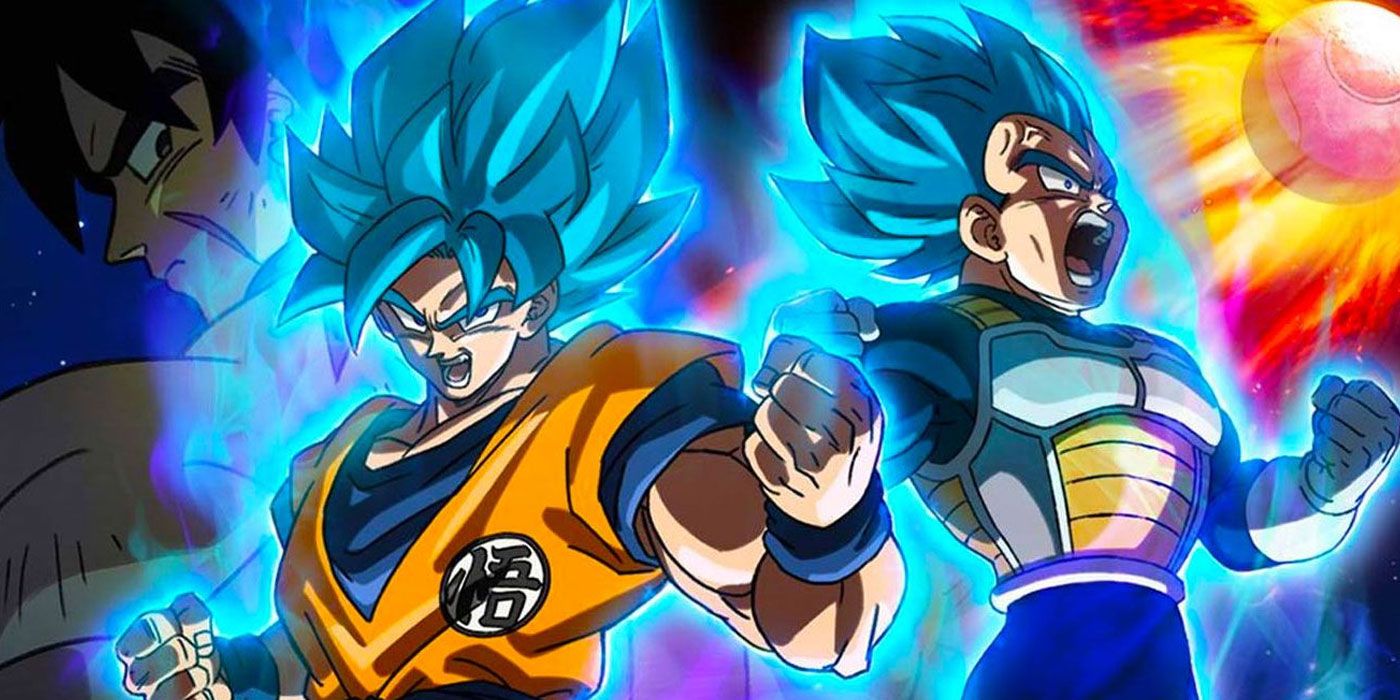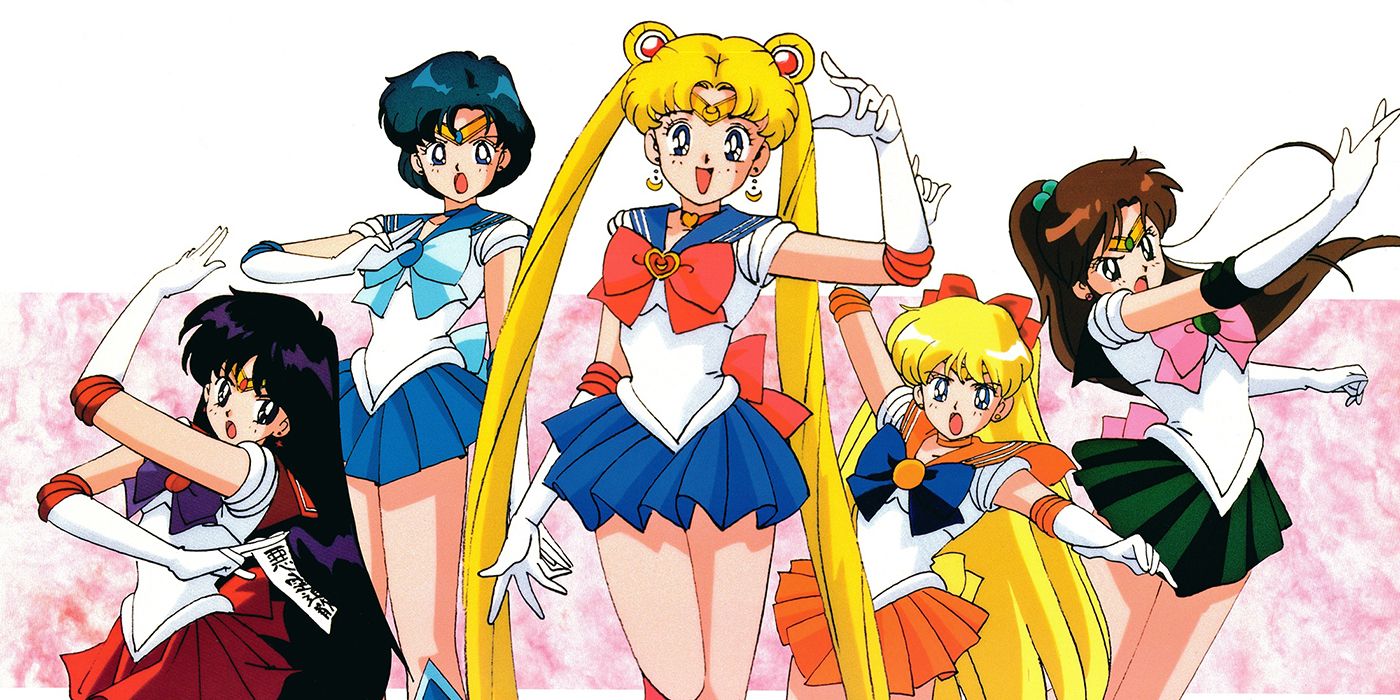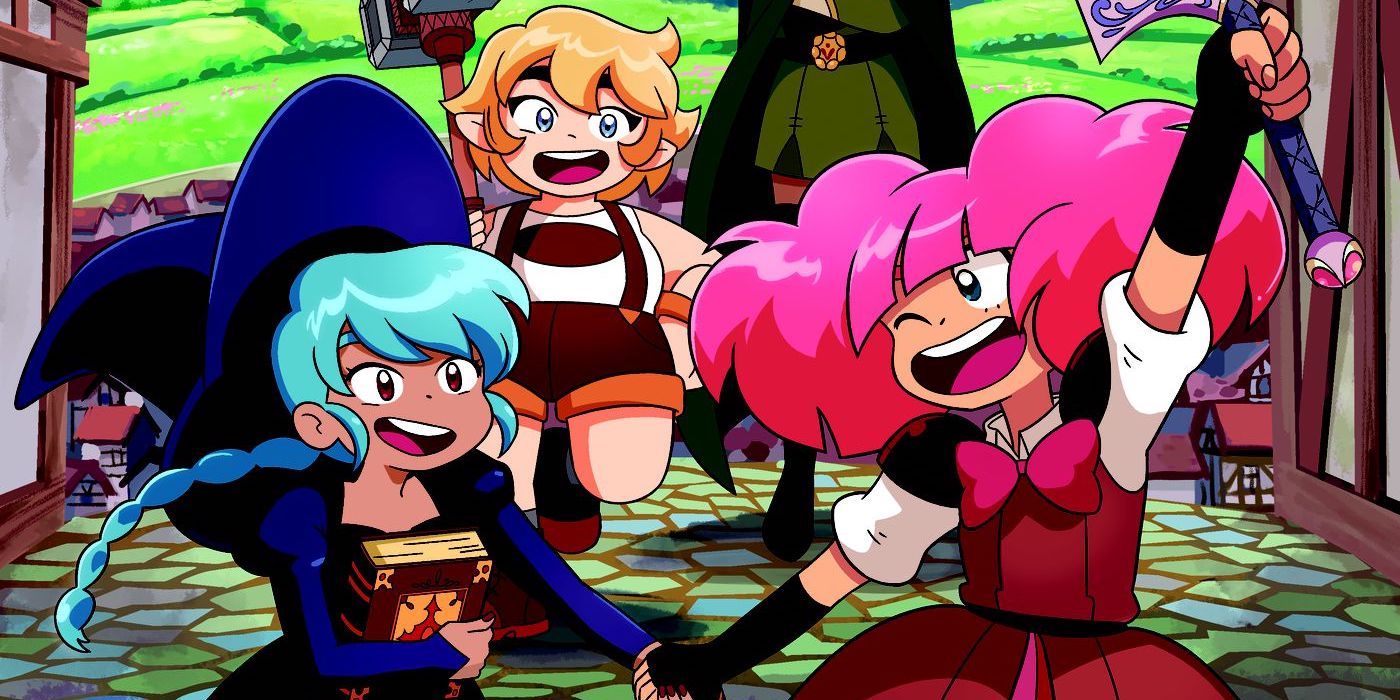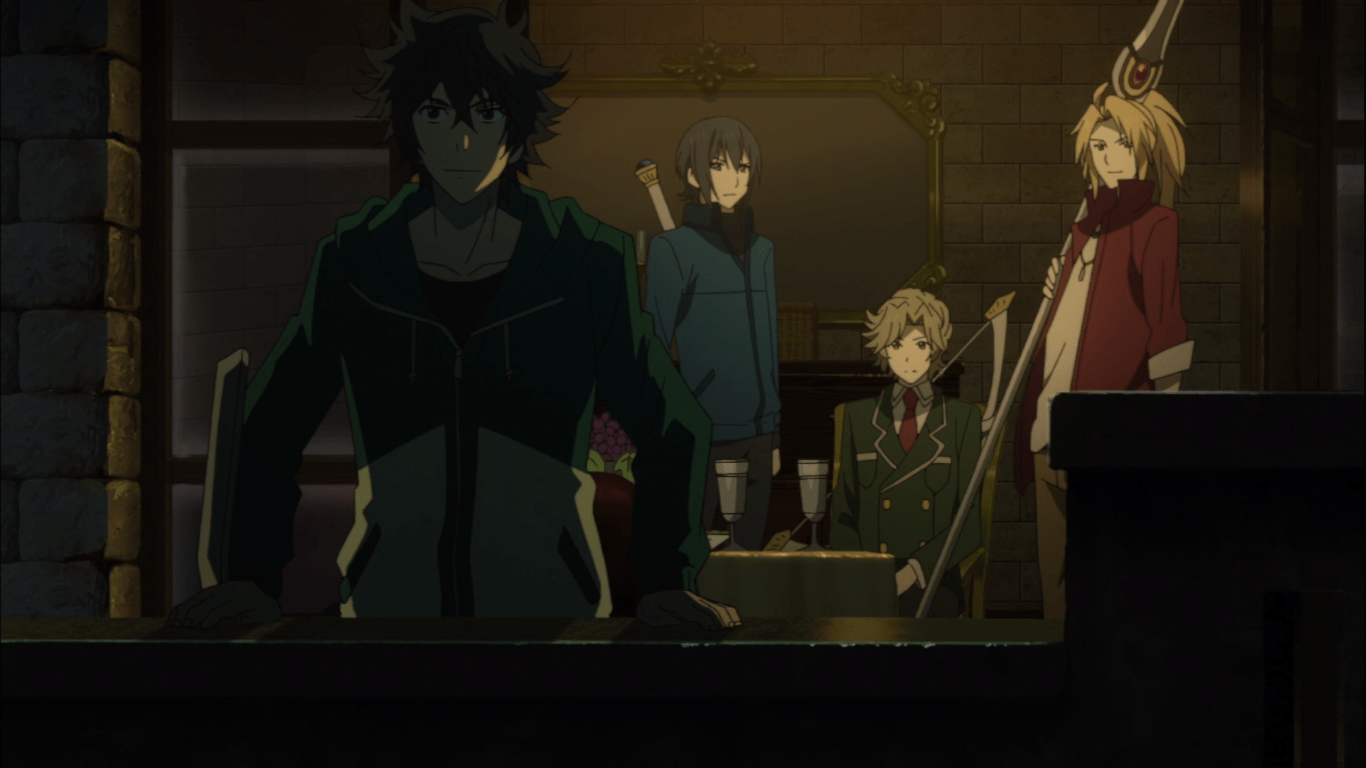Look in the comments section on any article about recently disgraced voice actor Vic Mignogna and you'll see some people go to absurd lengths to defend a man who's the subject of enough harassment accusations that Rooster Teeth, FUNimation, and many conventions will no longer work with him. A few are obsessive fans still in disbelief the he could be a harasser. Others, however, don't really care about Mignogna or even anime so much as they see this issue as another cultural wedge, akin to #Gamergate or #Comicsgate.
Before the Mignogna scandal, there were other issues trolls have tried to use to provoke an #AnimeGate. There's been rage about critics giving negative reviews to "un-PC" shows like Goblin Slayer and The Rising of a Shield Hero. There was a fracas over High Guardian Spice, Crunchyroll's first original series, which is far from release but has nevertheless sparked controversy with a teaser highlighting the show's mostly female creative staff. There were claims that the English subtitles on Zombie Land Saga "changed" Lily Hoshikawa into a trans girl when the literal Japanese translation is actually more explicit that she's trans. And that's all just in the past year. The reality is, the alt-right troll segment of anime fandom has been stirring trouble for much longer.
RELATED: Dragon Ball's Rial Withdraws from KamehaCon Following Mignogna Announcement
Such trolls are absolutely a problem in anime fandom. The harassment many voice actors, critics and fans have faced is inexcusable. Without minimizing the damage they've caused, and will continue to cause, there's reason to be optimistic about the anime community's ability to stand up to that sort of behavior. Whereas #Gamergate and #Comicsgate, unfortunately, became sustained movements, attempts to launch a similar #AnimeGate have so far failed.
That might come as a surprise to some people outside anime circles. After all, 4Chan's roots as an anime forum has meant there's long been a connection between alt-right internet trolls and Japanese animation. Commentators have noted how prevalent anime avatars were among Gamergaters, while members of both GG and CG often express skewed Orientalist beliefs about Japanese pop culture being free from the "SJW scourge" of the West. Despite that unfortunate subsection of anime fandom being so vocal, the industry is better prepared to deal with the trolls than comics and gaming were.
ANIME FANDOM HAS ALWAYS BEEN DIVERSE
GG and CG are, in large part, a response to increased diversity in spaces that previously catered predominantly to straight white men. Anime fandom in the United States, by contrast, has been incredibly diverse for a long time. Maybe in the era of VHS fansubs you could stereotype American otaku as guys watching Urutsukidoji in their basement, but most of North American anime fandom as we know it today can be traced to the Toonami boom.
RELATED: Vic Mignogna Removed from Rooster Teeth's RWBY Amid Misconduct Claims
The classic Toonami lineup featured Sailor Moon, a proudly feminine series that attracted many girls to anime, and Dragon Ball Z, which developed a large following among people of color. In terms of gender, there long has been more anime and manga aimed at women than Western cartoons and comics, with some surveys showing anime/manga fandom leaning female as a whole. LGBTQ representation in anime can often be problematic, but that so much of it exists at all has long attracted LGBTQ devotees. Those who would want anime fandom to be the domain of only straight white men simply have no ground to stand on.
NEXT PAGE: The Anime Industry Doesn't Really Care About American Trolls
AMERICAN LICENSING COMPANIES ARE SHOWING STRENGTH IN RESISTING TROLLS
The #Gamergate and #Comicsgate campaigns are heavily based on trying to punish the targets of their harassment. When trolling reaches critical mass, it's important for companies to stand up against the those involved. Ignoring them can merely embolden the trolls, and kowtowing to their demands is the worst possible move. Unfortunately, far too many gaming companies stayed silent about #Gamergate, and even today companies like THQ Nordic do AMAs on GG hub site 8Chan. While many creatives stood up to #Comicsgate, some targets of harassment, notably Chelsea Cain and Chuck Wendig, lost jobs under questionable circumstances.
Fortunately, the major anime licensing companies in the United States appear to be resisting the trolls. Crunchyroll is still supporting High Guardian Spice; FUNimation isn't rehiring Vic Mignogna. Would-be #Animegaters might try to point to KamehaCon reinviting Mignogna as a victory, but it seems KamehaCon's issues were more about contracts more than about fan backlash. Many other voice actors are withdrawing from the event in protest.
THE TROLLS' FAVORITE SHOWS IRONICALLY FUND THEIR MOST HATED COMPANIES
For all the positive things this article has said about Crunchyroll, FUNimation and other companies, the bottom line is they're in the business of making of money rather than taking moral stands. If Crunchyroll were truly committed to a so-called "SJW agenda," it probably wouldn't have co-funded Goblin Slayer, with its gratuitous sexual-assault scene in the first episode, or The Rising of a Shield Hero, with its bizarrely positive attitude toward slavery.
It's kind of hilarious, then, to see the trolls defend these "un-PC" shows and denounce Crunchyroll as "SJWs" in the same breath. If they're supporting these shows through any legal means, Crunchyroll makes money. If they only pirate these shows, Crunchyroll either makes money anyway, proving the trolls don't matter, or they lose money and decide to fund fewer shows like these.
THE JAPANESE SIDE DOESN'T CARE ABOUT AMERICAN TROLLS... AND OFTEN CARES ABOUT SOCIAL JUSTICE
Alt-right anime fans will often assert the medium is "free" from the influence of American "SJW" politics. That's how you get people deluding themselves into thinking that Zombie Land Saga's subtitlers "forced" trans representation into the show as some nefarious plot. There's a fraction of truth to their claims that American politics don't hold significant influence on anime. But what would-be AnimeGaters don't realize is that their own stances are also American politics, and that their effect on the industry is negligible.
RELATED: Funimation Replaces Vic Mignogna on Morose Mononokean
Furthermore, they completely ignore that social-justice politics do exist in Japan, and have long been a force in anime. No American left-leaning complaints about anime are anywhere near as harsh as what Hayao Miyazaki has long said about his own industry. In as much as Japanese creators are concerned about international audiences, their goals are usually to try to make their shows more inclusive to certain groups (for example, see how Sword Art Online author Reki Kawahara has listened to criticism from international fans about his female characters, and has worked to improve). There are some anime staff, like Kazuyoshi Yaginuma, who relish the alt-right's adoration, but bigotry is not good business, and as a result, the director isn't finding work.
Yes, this is an optimistic outlook at the future of anime fandom, and it's perfectly understandable why some are more pessimistic. The online culture wars and harassment campaigns of the past five years have been exhausting, and just because an #AnimeGate hasn't blown up in that time doesn't mean it couldn't yet happen. Still, that it hasn't is plenty of reason to maintain hope.





